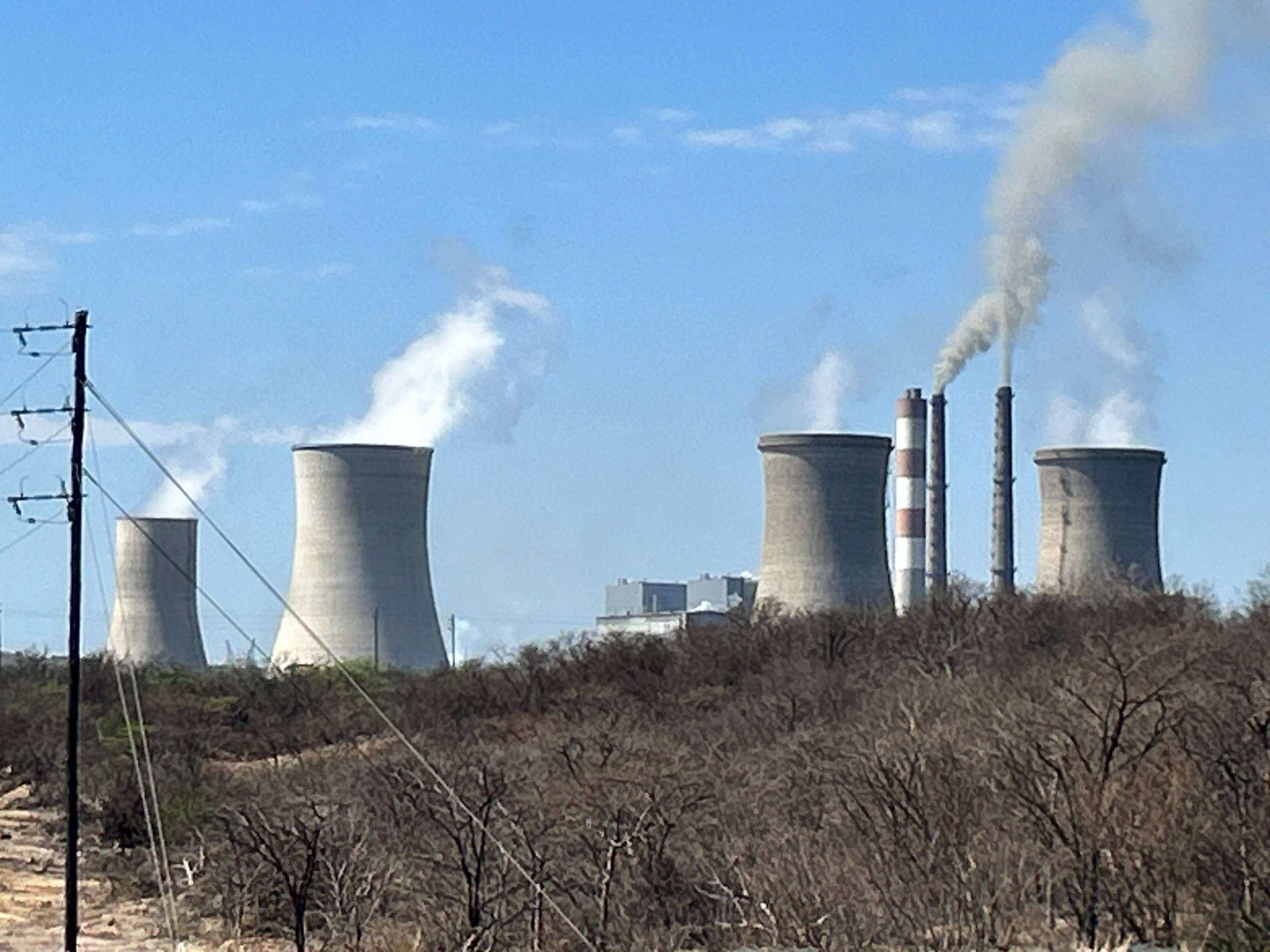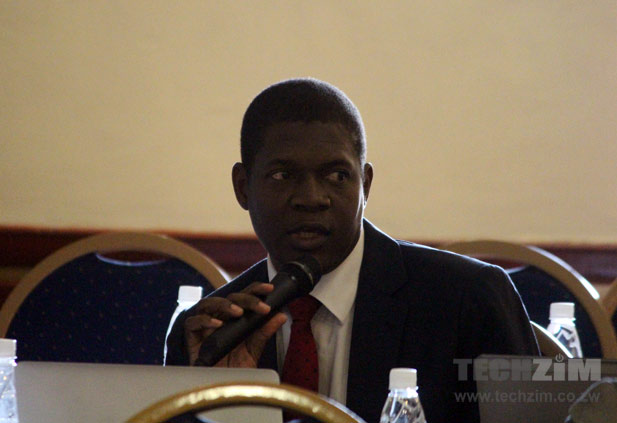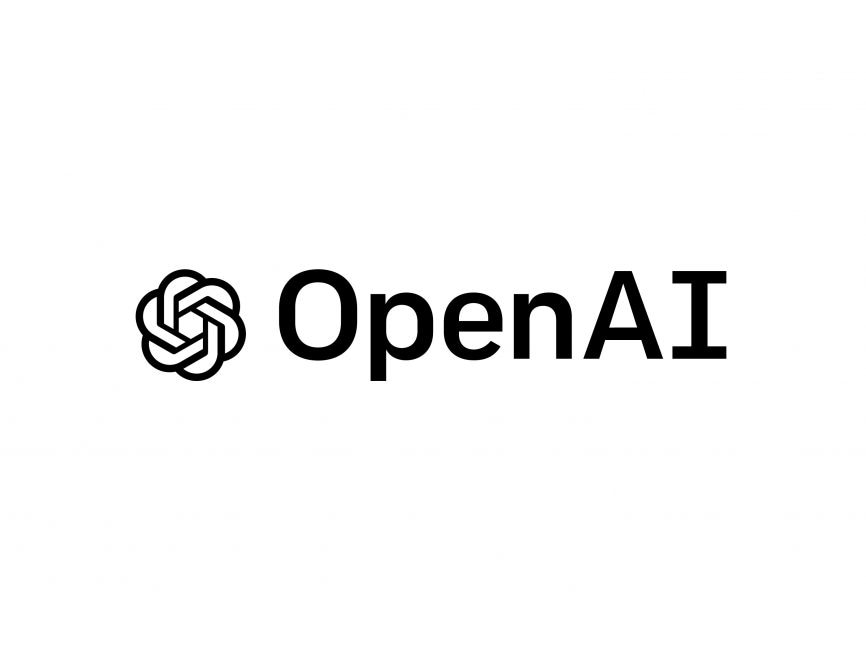If you needed evidence that the Zimbabwean economy is not an easy one to conduct business in, here it is. The Econet Group subsidiaries are some of the best performing on the Zimbabwe Stock Exchange(ZSE). They are some of the best blue chip shares available. How then did the ZSE suspend the trading of Cassava Smartech Zimbabwe shares?
The reason they halted trade in the shares is that the company failed to publish audited financial statements for the financial year ended 28 February 2021, and remains in default. We kind of saw it coming as we have been anticipating those financial statements. To be honest though, I personally thought an exception would be made and another extension granted but here we are.
Cassava Smartech, trading as EcoCash Holdings, released a statement as to why the statements have been delayed. They cited certain technical accounting matters.
EcoCash Holdings was not alone in delaying the publication of statements. In fact, almost every company has applied for an extension of the publication deadline in the last two financial years. However, most have been able to release the statements before the 7 month deadline which can lead to suspension from the ZSE. I would not want to be in Cassava Company Secretary Charmaine Rose Daniels’ shoes right now.
2020: Tough year for accountants and auditors
The financial statements for most listed entities for the year ended 31 December 2019 were supposed to be published by 31 March 2020. However, by that time the pandemic had caused havoc and some companies applied for extensions.
Some like Mashonaland Holdings cited the burdensome requirements of an International Accounting Standard which deals with accounting in hyperinflationary environments. This affects all Zimbabwean companies.
2021: Tougher year for accountants and auditors
Earlier this year, most of the listed companies were supposed to publish their financial statements by the 31st of March. Several companies failed to meet that deadline.
Padenga, African Distillers, FBC, Fidelity Life Assurance, Truworths, Zimre, ZB Financial Holdings, Proplastics and ZECO Holdings all delayed publication.
The most common reason was their reporting processes had ‘taken additional time due to remote work arrangements, travel restrictions and impact of the Covid-19 pandemic.’ Understandable. The extra work required because of the hyperinflation should not be forgotten.
Spotlight on Econet
When they delayed the 2019 results publication it was because of ongoing regulatory reviews on EcoCash. At the time EcoCash, along with their CEO and parent CEO were being charged with money laundering. Those challenges were in addition to the hyperinflation accounting and pandemic impact.
2021 came around and only the litigation problem was solved. A new challenge came in to replace it for EcoCash. Officially they say the delay was due to certain technical accounting matters that took time to be resolved. However, as we reported, a source inside the company says it was a regulatory issue concerning Steward Bank.
So a combination of technical accounting matters and regulatory issues were enough to delay publication of financial statements by more than 7 months. It’s interesting that last year, even with the litigation, the 7 month deadline was met. This year’s challenges were stiffer than they are making it out to be.
The investor is at a disadvantage
These ZSE listed companies are publicly traded, meaning that they can get funding from the general public. You and me. So, by delaying results, the decision making process for the investor is adversely affected.
Take Econet for example, an investor looking to see how the company performed in 2020 is still in the dark in October. Should he reduce shareholding or invest more, it is hard to know. In investment, timely information is everything.
The impact of the pandemic cannot be ignored but it seems like some ZSE companies are hiding behind that to mask their inefficiencies. Some analysts have noted that most South African companies met their reporting deadlines despite facing the same lockdown challenges.
In Zim companies defence, South African companies don’t have to deal with hyperinflation, regulatory interference and the other Zim realities. That is not to mention how the cost and reliability of the internet down south allowed a smooth transition to remote working.
So in the end, assuming the pandemic affected companies in both countries more or less the same, the difference in reporting efficiency comes down to the working environment. The Zimbabwean economy remains difficult to operate a business in.













